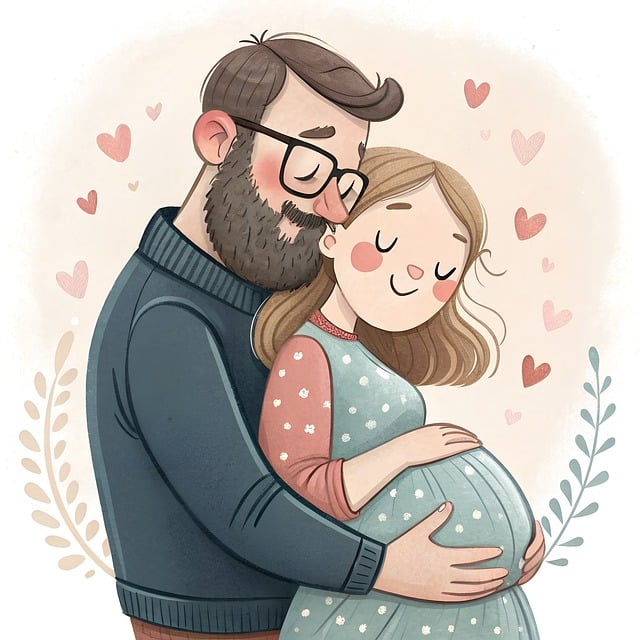Are you or someone in your circle from the LGBTQ+ community considering starting a family but feeling a bit lost? In a recent chat with Jamie Lee from Swirl Radio, Dr. Green shared valuable insights on family planning for same-sex couples, as well as for anyone exploring their fertility options.
Dr. Green, a pioneer in in vitro fertilization (IVF) in Northern California, has earned a stellar reputation among peers for his expertise. When Jamie asked him to break down IVF, he explained, “In vitro fertilization is just one of several methods to assist people in achieving pregnancy. While it’s often the most effective option, it’s not always necessary.” He elaborated on how IVF allows couples to have more control over their family planning—for example, parents hoping to have a second child later in life can freeze embryos when they’re younger, ensuring better egg quality when they’re ready to expand their family.
Dr. Green also discussed advancements in genetic screening. He compared the well-known amniocentesis, typically performed around 12-14 weeks to check for genetic abnormalities, with Comprehensive Chromosome Screening (CCS). This innovative test can be conducted on embryos before they’re transferred into the uterus, allowing parents to know the genetic status of their embryos in advance.
When Jamie inquired if there’s an easy solution for infertility, Dr. Green noted that over 90% of the time, he can provide a diagnosis. He highlighted that age plays a significant role in egg quality, pointing out that many individuals are choosing to start families later in life, which can complicate their fertility journey. “Fertility peaks around age 22,” he mentioned, “and while egg freezing is a great option for those in their 20s and 30s not yet ready for children, it’s crucial to consider this sooner rather than later.”
To cater to the LGBTQ+ audience specifically, Jamie asked about assessing a woman’s fertility before starting the journey. Dr. Green explained that simple tests like blood work to evaluate egg quality and a basic ultrasound for egg count can provide insights. However, he cautioned that many standard fertility assessments are based on heterosexual couples, which may not accurately reflect the situation for lesbian couples.
When asked about resources for gay men, Dr. Green stated, “We assist many gay couples in building their families. While the biological aspect of conception is straightforward, navigating logistics like finding a surrogate or an egg donor can be more challenging.” The team is dedicated to offering guidance and support throughout the process.
In closing, Jamie asked Dr. Green for a key message to LGBTQ+ individuals considering family expansion. He advised not to wait too long and to seek out clinics that provide both financial and emotional support, ensuring they are well-informed before taking the next steps. “I’m honored to be part of this journey for many families in the Northern California area,” he concluded.
For a deeper dive into family planning and fertility options, check out our other blog post on summer footwear for kids—perfect for little ones just starting their adventures! Also, if you’re looking for high-quality insemination kits, visit Make a Mom. And for comprehensive information on treating infertility, ACOG is an excellent resource.
In summary, Dr. Green’s insights highlight the importance of understanding fertility options, the impact of age on reproductive health, and the need for tailored advice for LGBTQ+ individuals seeking to grow their families.

